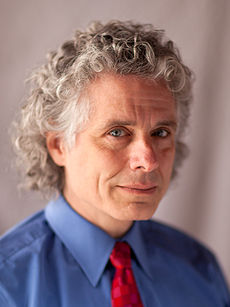Following Feldman, let’s define epistemic peers as two
people are epistemic peers “when they are roughly equal with respect to
intelligence, reasoning powers, background information, etc.”
And let say that “When people have had a full discussion of
a topic and have not
withheld relevant information, we will say that they have shared
their evidence about that topic.”
Many theists appear to believe that atheists and agnostics
shouldn’t be atheists and agnostics. They
are, the theist says, mistaken, unreasonable, misguided, or unjustified. This theist will have some negative attitude
of culpability towards epistemic peers who share evidence. (And the same is true for many atheists,
including myself, about their attitude towards theists and agnostics.)
What the atheist will have to say next to the theist in
these circumstances will depend upon her answer to these questions:
Do you think 1) that
once all the relevant arguments, evidence, and background issues are adequately
considered, a reasonable person is obligated to conclude that God is real, or
that Jesus was resurrected from the dead, or some other central tenets of
modern orthodox monotheism are true?
Or do you think 2) that once all the relevant arguments,
evidence, and background issues are adequately considered, it is epistemically
permissible for a reasonable person to believe that God is real, or that Jesus
was resurrected from the dead, or some other central tenets of modern orthodox
monotheism?
Endorsing 1), as I see it, will also commit a person to
saying that to be an atheist or agnostic, once he has considered all the
relevant arguments, evidence and background issues is unreasonable. Evidence sharing epistemic peers who are atheists
and agnostics ought not believe what they believe.
Endorsing 2), as I see it, places no similar demand or
charge of epistemic culpability on the non-believer. If you think merely that it is not
unreasonable to believe, given all of the relevant evidence, then you are
allowing that a reasonable, evidence sharing peer might well draw a different
conclusion and be within her epistemic rights, as it were.
So theists, which is it?
Do you think that I have made some serious error with regard to the
total available evidence concerning God and that I ought to change my
mind? Or do you merely think that your
believing on the basis of the available evidence is epistemically permissible,
but someone could opt not to believe and he would be similarly inculpable?










